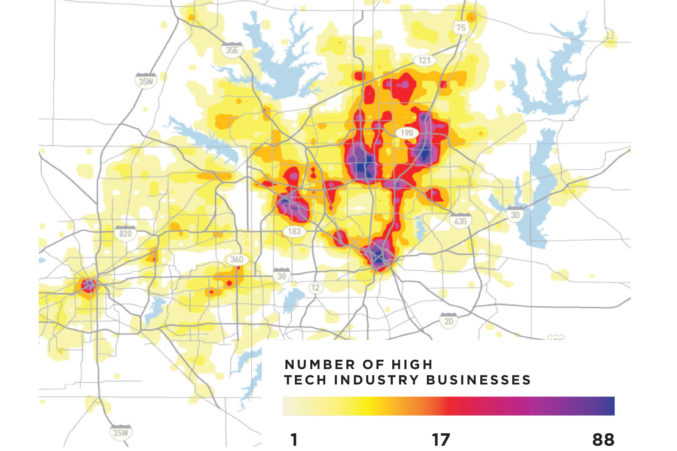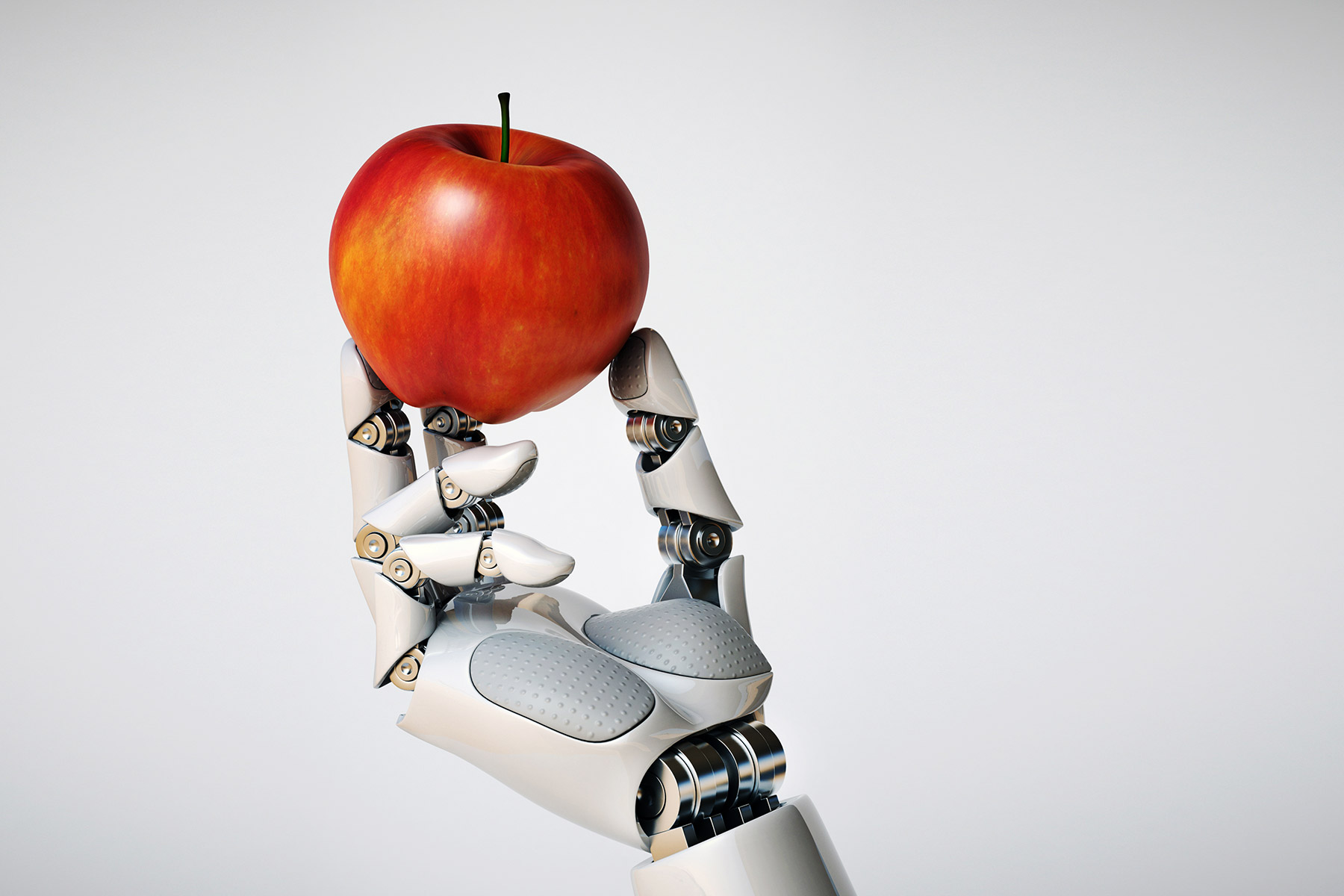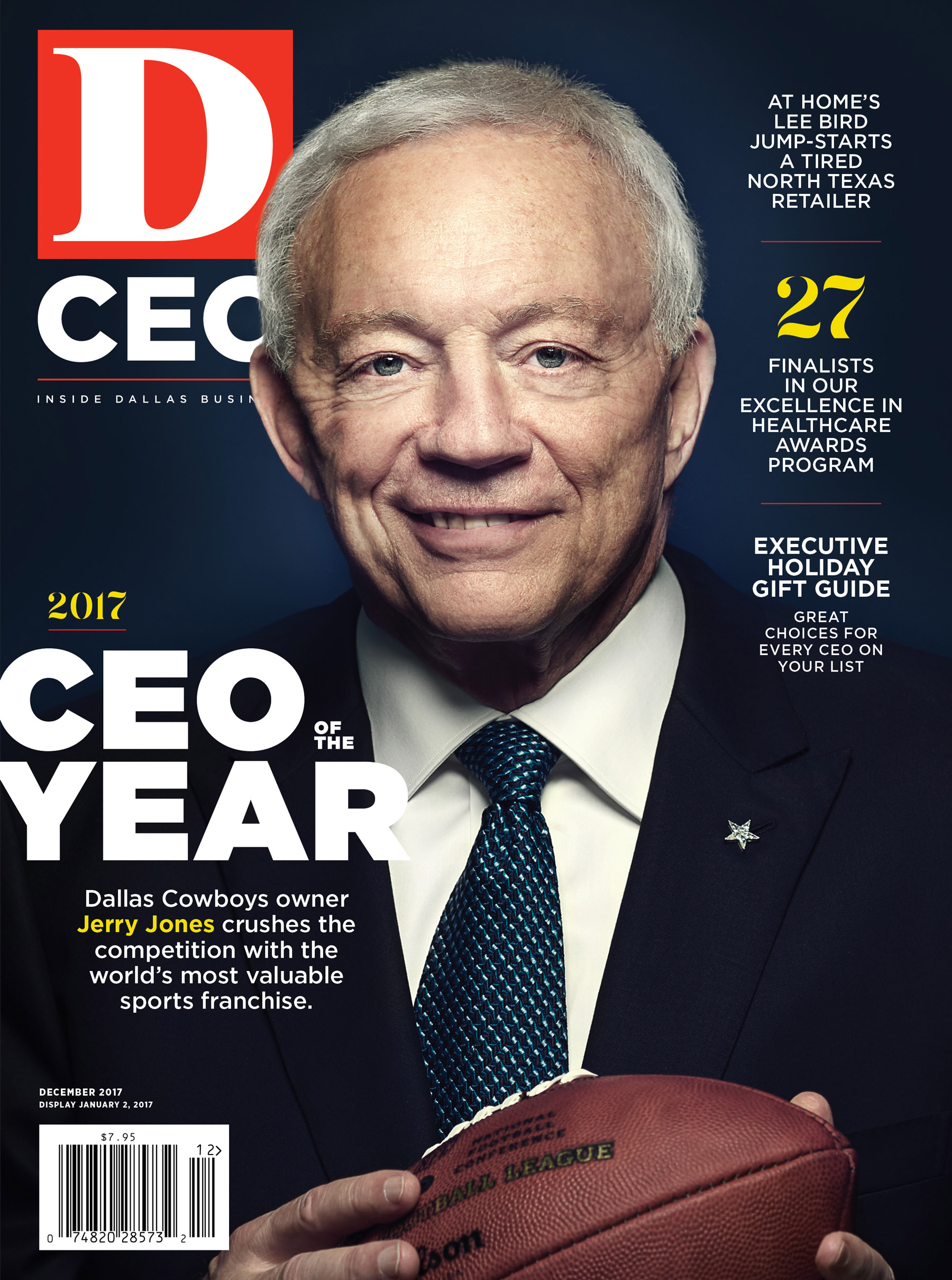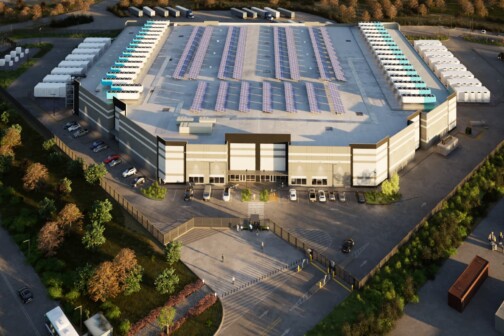Innovation drives economic progress. It’s easy to see that looking backward in time. Today’s Americans live so well because of a string of inventions over the past 100 years or so—from electricity, automobiles, airplanes, and air-conditioning to television, computers, the internet, and smartphones.
The benefits of future innovations aren’t yet clear. We hear about the next big thing all the time, but we don’t really know what wonders they’ll bring to our lives. We don’t know what disruptions they’ll cause, including job losses.
Worries about the downsides of progress won’t stop innovation, not in the dynamic American economy. To the contrary, innovation has been speeding up for decades. The technology toolbox for entrepreneurs is bulging—vastly beyond what the world has ever seen. The advances of previous ages will still contribute to progress. Cutting-edge technologies are always emerging, opening new vistas for innovation.
Self-driving vehicles are already in use. Drones have been developed to deliver groceries and serve as eyes in the sky. 3-D printers are turning computer-generated designs into physical objects. Voice recognition and artificial intelligence are bringing virtual reality and the Internet of Things into our everyday lives. Genomics is leading to new treatments for cancer and other ills. Nanotechnology is opening possibilities for new materials with mind-blowing properties.

We could go on. The inventory of realized and potential technologies could fill this magazine a thousand times over and still not be complete. That’s how much knowledge is available to today’s savvy entrepreneurs. Making profitable use of it will mean fortunes for emerging moguls, as well as jobs and higher incomes for some workers.
Like almost all other metropolitan areas, the Dallas-Fort Worth region wants to grab a bigger share of the future that will emerge from the innovation economy. North Texas isn’t a rival for Silicon Valley, but the region has a lot going for it.
It starts from a recognition of the innovation economy’s nature. In the past, Texas could prosper from natural resources—land for cotton and cattle, the oil beneath the ground. Today, and more so in the future, growth will depend on human ingenuity: our ability to use knowledge and technology to develop better ways to give consumers what they want.
Harvard economist Edward Glaeser, author of “Triumph of the City,” tells us that human creativity and cooperation flourish when people, ideas, cultures, and enterprises come together in a relatively dense economic space. Simply put, their jostle and tumult make big and diverse metropolitan areas the best places for the innovation economy. With more than 7.2 million residents, DFW ranks as the nation’s fourth-largest metropolitan area.
But size isn’t all it offers.
Entrepreneurs try, fail, pivot, and forge ahead. They fare best in freer markets that are flexible and open to change. DFW ties Houston for second on the economic freedom index for metropolitan statistical areas (MSAs) calculated by Dean Stansel, our Southern Methodist University colleague. Texas ranks among the top five states in economic freedom.
In recent decades, DFW has proved its ability to innovate and evolve. Since the Oil Bust of the 1980s, North Texas has diversified greatly, becoming less dependent on energy and allied businesses. When oil prices cratered in 2014, DFW had enough healthy sectors to keep growing and adding jobs.
At least 60 percent of DFW’s $512 billion economy is in five innovation-intensive sectors: finance, manufacturing, professional and business services, education and health care, and information. Innovation has also been reviving traditional sectors. For example, hydraulic fracturing (fracking) got its start in the Barnett Shale formation north and west of Fort Worth.
DFW’s favorable business climate and Texas’ low taxes are magnets for innovative companies that deepen the local economy’s diversity. Since 2010, about 100 firms have moved in from other states, including Toyota North America from California and Topgolf from Illinois.
Like new companies, new residents add diversity and bring fresh ideas and energy to the local economy. From 1992 to 2011, DFW ranked among the top five MSAs in net in-migration, gaining a total of 1.1 million people. Families are attracted by the area’s relatively low cost of living (including taxes) and job opportunities.
Innovation is global, so being connected to the rest of the world is more important than ever. Dallas-Fort Worth International Airport’s 210 nonstop destinations include 56 foreign cities. Just as important, major DFW-based companies are globalizing. Texas Instruments, for example, gets almost 90 percent of its revenue overseas.
Human ingenuity plays a key role in the innovation economy—and in DFW’s labor force. Duane Dankesreiter, the Dallas Regional Chamber’s senior vice president for research and innovation, says DFW had 229,237 high-tech workers in the third quarter of 2017—seventh among major U.S. metros and a few thousand more than the San Jose area, the hub of Silicon Valley. DFW ranks eighth in the number of software developers.
The sophisticated DFW workforce supports a large technology sector that includes longtime stalwarts like TI, as well as newcomers like Bottle Rocket and Brainspace. Google, Cisco, Oracle, and other big tech companies already have a presence in DFW. Microsoft’s local operations are the company’s second largest.
The marquee names are just part of a booming DFW tech sector. Concentrations of innovative firms line Central Expressway from downtown Dallas to Plano. Other hot spots are along Interstate 35 north of Interstate 635, and in Las Colinas near DFW Airport. DFW has 61 co-working spaces and 36 accelerators and incubators. Twenty companies operate corporate innovation centers in DFW. Cheap electricity and ample fiber transmission helped build up a data-center inventory of 231 megawatts, second only to Northern Virginia’s 608 megawatts.
Glaeser’s point is that a density of creative minds creates sparks. They ignite in big and small ways. Entrepreneurs will rise out of DFW’s technological milieu. Technology companies started elsewhere will find DFW a good place to grow their businesses. We’re well on our way.
DFW doesn’t need a grand new strategy. It should continue doing what it’s been doing. The path to success in the innovation economy lies in getting the basics right: have a free market and be flexible, entrepreneurial, urban, globally connected, and better educated.
W. Michael Cox is founding director of the William J. O’Neil Center for Global Markets and Freedom at Southern Methodist University. Richard Alm is writer-in-residence at the center.






